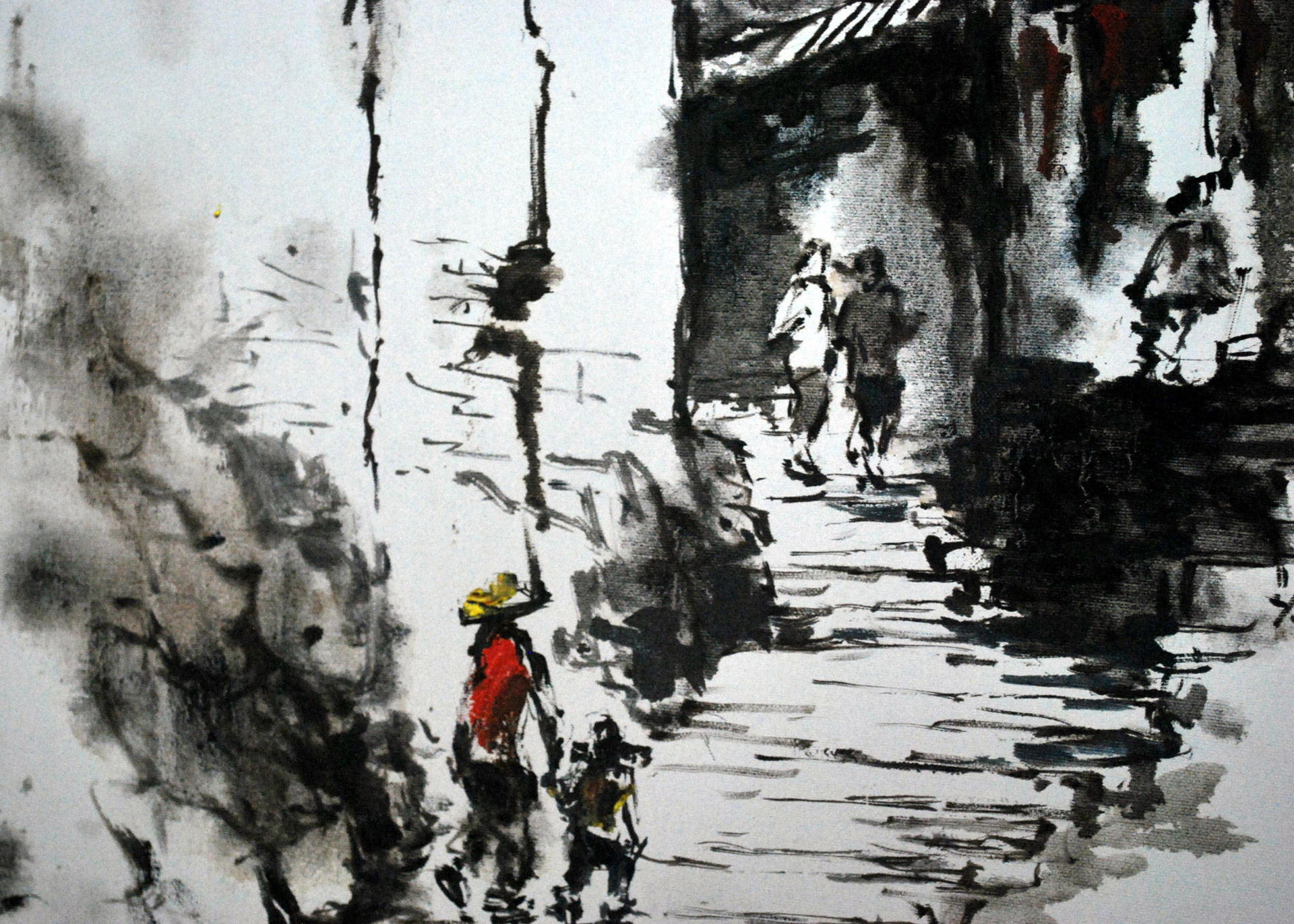Translated from the French by Hélène Cardona
Almost a wandering song. Eighty Judeo-Spanish words brought back from travels.

Image used for representation.
Ida
to go,
going and at times
fazer la ida sin la venida,
to know you will not return,
or even ignore it
la ida esta en mi mano, la venida no sé kwando
I leave, you know, I know I’m leaving,
but when will I return?
Idadiko,
somewhat advanced in years.
Yes, I will return old or not return.
Kaza
I remember floor tiles
a turbaned woman washed with water.
En kada kaza ay un dolor de korazon,
everywhere, at once, yesterday or later
like a torment from the heart.
And,
ajwera de kaza?
Are we happier away from home?
Often, the thing leads you
rather than vice versa:
to be carried away is not giving up,
nor refusing to act, no,
it may be celebrating the action
for itself,
going in the world
dancing the way,
because you belong there.
Dañadór
revenant
It was said that revenants
prowled the evening shadow
Wednesdays and Saturdays
(Why?),
they must neither be named
nor referred to
but why are they harmful?
Above all, never provoke them.
To the children, nothing was said of the dead,
of death.
(For fear of provoking it?)
A mi daño, to my detriment;
vino ensupeto me daño
his arrival without warning
scared me.
Un daño, a whim
I like this:
dizen ke Spinoza tenia un daño:
apenas via un arañero,
lo apañava i se lo komia!
Spinoza never resisted
a spider:
he would catch and munch it!
…
The chocolate spider!
The above extracts are taken from Coeur chronique (Ed. Le Castor astral, 2013), translated by Helène Cardona for the US magazine, Brooklyn Rail (October 2016 issue).
Also, read a Bengali fiction by Upal Mukhopadhyay, translated into English by Haimanti Dutta Ray, and published in The Antonym:
Follow The Antonym’s Facebook page and Instagram account for more content and exciting updates.



























0 Comments